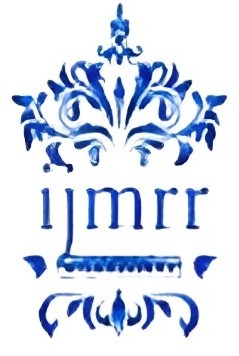Utilizing Random Forest Regression for Health Insurance Premium Projections
Abstract
Artificial intelligence (AI) and machine learning (ML) in healthcare are approaches
to make people’s lives easier by anticipating and diagnosing diseases more swiftly than most
medical experts. There is a direct link between the insurer and the policyholder when the
distance between an insurance business and the consumer is reduced to zero with the use of
technology, especially digital health insurance. In comparison with traditional insurance, AI
and machine learning have altered the way insurers create health insurance policies and
helped consumers receive services faster. Insurance businesses use ML to provide clients
with accurate, quick, and efficient health insurance coverage. This research trained and
evaluated an artificial intelligence network-based regressionbased model to predict health
insurance premiums. The authors predicted the health insurance cost incurred by individuals
on the basis of their features. On the basis of various parameters, such as age, gender, body
mass index, number of children, smoking habits, and geolocation, an artificial neural network
model was trained and evaluated. The experimental results displayed an accuracy of 92.72%,
and the authors analyzed the model’s performance using key performance metrics.











